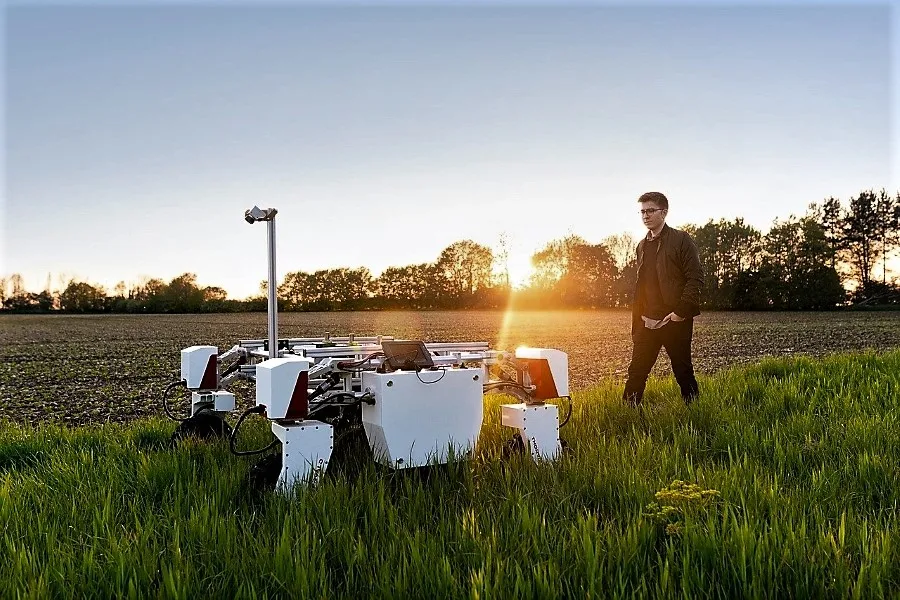 |
| Representational |
Researchers have published a study in the science journal Nature, warning that the use of Artificial Intelligence (AI) in agriculture can pose serious risks for farmers, farms, and food security, and moreover these risks are not fully understood.
According to the study, deploying AI and Machine Learning (ML) at scale for agricultural use can affect small farmers as use of AI tended to be led by larger commercial farmers who have more capital to invest and ability to harvest marginal gains in productivity over larger area.
However small farmers who do not have money and resources to deploy AI can be affected and there is a potential of widening the divide between large farmers and smallholders.
At the same time, with freely available ML platforms like TensorFlow and PyTorchas, commercial farmers' reliance on AI may become absolutely necessary for precision agriculture. While TensorFlow is developed by Google, PyTorchas is an open-source ML framework developed by Facebook's AI Research lab.
Under these conditions, farmers will bring substantial croplands, pastures and hayfields under the influence of these above mentioned freely available ML platforms, consequently creating centralized points of failure, where deliberate cyberattacks could cause disproportionate harm.
The study further predicts that with increasing use of AI-driven machinery, such as self-driving tractors and combine harvesters, robot swarms for crop inspection, and autonomous sprayers, the agri-food supply chains will become more vulnerable to cyberattacks, which include ransomware and denial-of-service attacks.
Citing a last year incident of cyberattack on JBS, the world’s largest meat processor, the study warns about the potential risks that come from the introduction of digital technologies into agrifood supply chains.
The paper also cited a ransomware attack on agriculture services provider, NEW Cooperative, which provides feed grains for 11 million farm animals in the United States31, further emphasizes this emerging cyber-crime landscape.
Dr. Asaf Tzachor from the University of Cambridge’s Center for the Study of Existential Risk (CSER), who is first author of this study paper, said "The idea of intelligent machines running farms is not science fiction. Large companies are already pioneering the next generation of autonomous ag-bots and decision support systems that will replace humans in the field.But so far no-one seems to have asked the question ‘are there any risks associated with a rapid deployment of agricultural AI?"
In a conclusive statements, the study paper said that history of technological modernization in agriculture strongly suggests that a focus on increased productivity carries potential risks, including intensifying inequality and ecological degradation.
Agricultural AI must avoid the pitfalls of previous technologies, and carefully navigate and ameliorate their predicaments by implementing comprehensive risk assessments and anticipatory governance protocols.








 IndianWeb2.com is an independent digital media platform for business, entrepreneurship, science, technology, startups, gadgets and climate change news & reviews.
IndianWeb2.com is an independent digital media platform for business, entrepreneurship, science, technology, startups, gadgets and climate change news & reviews.
ليست هناك تعليقات
إرسال تعليق